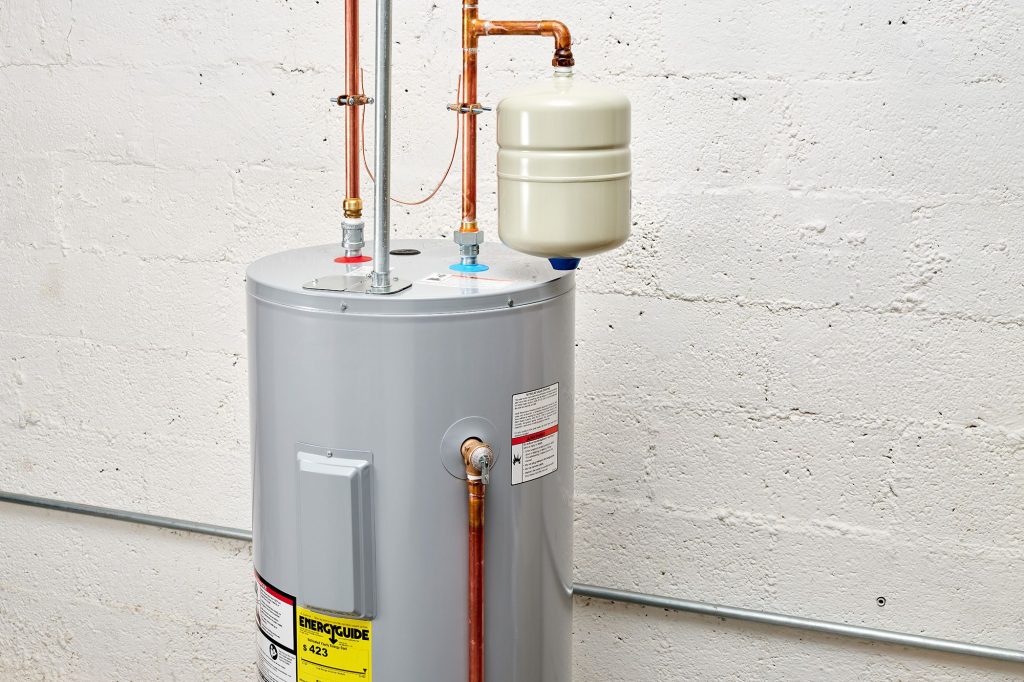
Introduction: Prolonging the Lifespan of Your Water Heater
Your water heater is a vital component of your home’s infrastructure, providing hot water for various daily tasks. To ensure it continues to function efficiently and has an extended lifespan, regular maintenance is essential. In this guide, we’ll delve into the steps you can take to maintain your water heater and maximize its performance.
Understanding the Importance: Why Maintain Your Water Heater?
Before delving into the maintenance process, it’s crucial to comprehend why maintaining your water heater is essential. Regular care helps prevent issues such as sediment buildup, corrosion, and decreased efficiency. By investing time in maintenance, you not only ensure a reliable supply of hot water but also avoid costly repairs or premature replacements.
Checking for Leaks: The First Line of Defense
Start your water heater maintenance routine by checking for any leaks. Examine both the connections and the tank itself for any signs of water. Addressing leaks promptly can prevent water damage to your home and extend the life of the water heater. If you notice any leaks, consider seeking professional assistance.
Flushing the Tank: Removing Sediment Buildup
Over time, sediment can accumulate at the bottom of your water heater tank. This sediment buildup can lead to reduced efficiency and increased energy consumption. To address this issue, perform a tank flush. Connect a hose to the drain valve, open the valve, and let the water run until it runs clear, effectively removing sediment and debris.
Inspecting the Anode Rod: Protecting Against Corrosion
The anode rod is a sacrificial element within the water heater that protects the tank from corrosion. Over time, the rod depletes, and checking its condition is crucial during maintenance. If the rod is significantly corroded, it’s time for a replacement. This simple step can extend the life of your water heater and prevent the tank from rusting.
Adjusting the Temperature: Energy Efficiency and Safety
Check and adjust the temperature setting on your water heater to ensure it aligns with your household’s needs. A recommended temperature is around 120°F (49°C) for both energy efficiency and safety. Lowering the temperature can also reduce the risk of scalding and prolong the life of your water heater by reducing stress on the system.
Inspecting the Pressure Relief Valve: Ensuring Safety
The pressure relief valve is a crucial safety feature of your water heater. It releases excess pressure to prevent the tank from exploding. Test the valve by lifting the lever and allowing some water to discharge. If the valve doesn’t operate correctly, or if it continues to leak afterward, consider replacing it promptly.
Checking for Corrosion: Preserving the Tank’s Integrity
Inspect the exterior of your water heater for any signs of corrosion. Corrosion on the tank’s surface can indicate an aging unit that may be prone to leaks. If you notice rust or corrosion, especially around the connections or seams, it’s advisable to consult with a professional plumber to assess the severity and explore potential solutions.
Insulating the Pipes: Energy Efficiency Boost
Insulating hot water pipes can help maintain water temperature as it travels from the heater to your faucets. This simple step reduces heat loss and improves overall energy efficiency. Pipe insulation is readily available at hardware stores and is easy to install, making it a cost-effective way to enhance your water heater’s performance.
Performing Annual Professional Inspection: Expert Assurance
While regular at-home maintenance is crucial, an annual professional inspection provides an extra layer of assurance. A certified technician can thoroughly assess your water heater, identify potential issues, and perform any necessary adjustments or repairs. This proactive approach helps catch problems early, preventing major breakdowns and ensuring optimal performance.
Conclusion: A Well-Maintained Water Heater for Years to Come
Regular maintenance is the key to a well-functioning water heater and a reliable supply of hot water in your home. By incorporating these simple yet effective steps into your routine, you can extend the lifespan of your water heater, improve energy efficiency, and enjoy the convenience of hot water whenever you need it.
For more home maintenance tips and design inspiration, visit DesigningTemptation.com. Explore a world of possibilities to elevate your home and create spaces that inspire.


